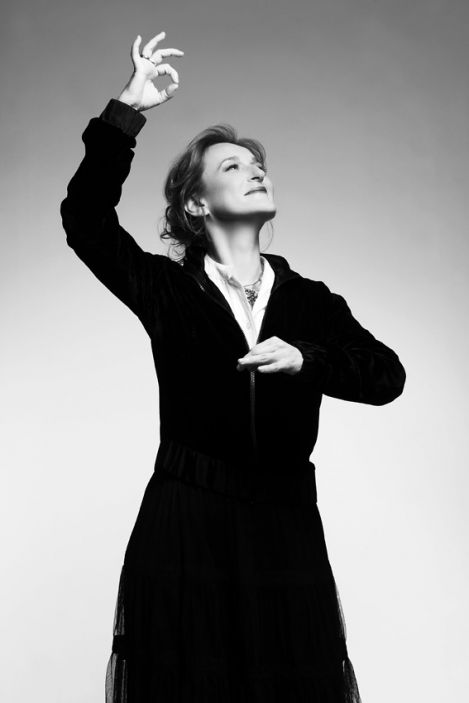ISIDORA ŽEBELJAN (Belgrade,1967) has attracted international attention with her opera Zora D. which was commissioned by the Genesis Foundation from London. The opera was premiered in Amsterdam in 2003 and directed by David Pountney and Nicola Raab. The same production opened the 50th season of the Vienna Chamber Opera in 2003.
Isidora Žebeljan got commissions from important institutions and festivals such as the Venice Biennale (The Horses of Saint Mark, illumination for orchestra, 2004), Bregenz Festival (opera The Marathon; Hum away, hum away, Stings for orchestra), Genesis Foundation from London (for the opening of Bill Viola’s exhibition ‘The Passion’ at the National Gallery in London in 2003), University of Kent, Muziektheater im Revier Gelsenkirchen (opera Simon the Chosen), International Horn Society, Accademia Musicale Chigiana Sienna (opera Two Heads and a Girl), City of London Festival etc. She composed works for excellent musical ensembles such as Wiener Symphoniker, The Academy of St. Martin in the Fields, Brodsky Quartet, Berlin Philharmonic Octet, Dutch Chamber Choir and London Brass. Her compositions were regularly performed in whole Europe, Israel, USA and Asia including the festivals Venice Biennale, Bregenz Festival, Festival RAI Nuova Musica, City of London Festival, ISCM Festivals (Gothenburg, Wrocław), Festival Classique The Hague, Galway Arts Festival, Tallin Summer Music Festival, WDR-Musikfest, Settembre musica Milano-Torino, Ultima Festival (Oslo), City of London Festival, Swaledale Festival, Walled City Music Festival, Dulwich Music Festival (UK), Eilat Festival (Jerusalem), Festival Nous Sons (Barcelona), Festival L’ Est (Milano), Crossing Border Festival (The Netherlands), Settimana Musicale Senese, Musical Biennale Zagreb, BEMUS (Belgrade), etc. Among the ensembles and musicians who performed music of Isidora Žebeljan are Gothenburg Symphony Orchestra, Symphony Orchestra of RAI Torino, Janáček Philharmonic Orchestra, Neue Philharmonie Westfalen, No Borders Orchestra, Lutosławski Quartet, Nieuw Ensemble (Amsterdam), Zagros Ensemble (Helsinki), ansambl Sentieri selvaggi (Milano), conductors Paul Daniel, David Porcelijn, Christoph Poppen, Pierre-André Valade, pianists Kyoko Hashimoto and Aleksandar Madžar, hornist Stefan Dohr, clarinetists Joan Enric Lluna and Alessandro Carbonare, violinist Daniel Rowland and others. The exclusive publisher of her music is Ricordi-Universal.


